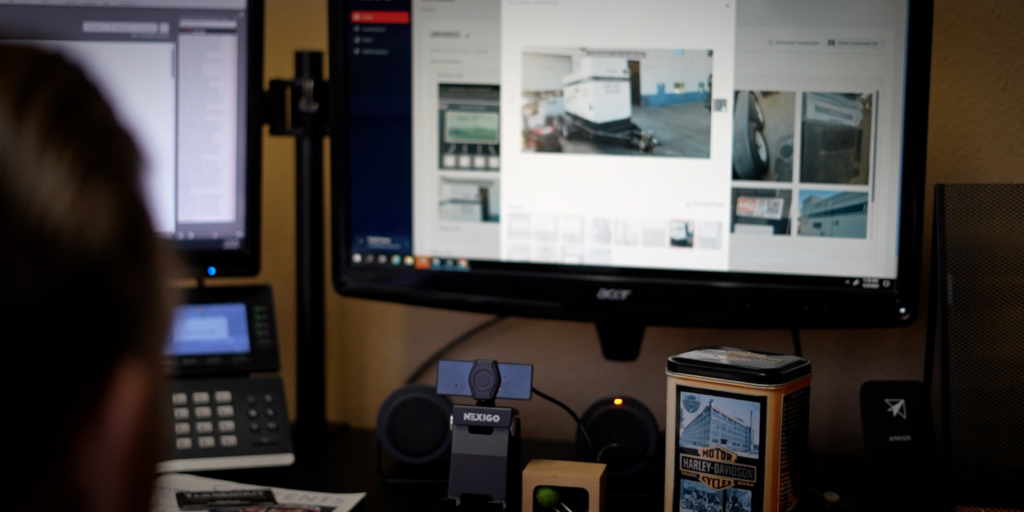The way you interact with your unit pages is about to get a major upgrade. At Record360, we know that managing your fleet requires quickly accessing rich & accurate unit data. That’s why we’re redesigning the Unit Page to help you access information faster, see a complete history of your assets, and manage your unit details.
What’s Changing?
We’re enhancing the Unit Page with streamlined UI, expanded data visibility, and new ways to manage your unit’s media. Here’s what’s new:

1. Enhanced UI for Faster Access
Navigating unit details should be effortless. The redesigned Unit Page brings a compact, user-friendly format that eliminates unnecessary scrolling. Key details–such as unit specifications, location, and inspection history–are now displayed more intuitively, so you can find what you need at a glance.
2. Easily Add Missing Unit Data
Keeping your records complete just got easier. You can now update missing unit details like make, model, and year directly from the Unit Page. No more CSV uploads or back-and-forth with Support–just accurate data, instantly available.
3. Visual Media History: A Complete Picture of Your Assets
A unit’s most recent inspection doesn’t always tell the full story. With the redesigned Media Page, you can now view all of a unit’s photos and videos over time, allowing for a chronological review of its condition. Whether you’re tracking wear and tear or verifying past damages, you’ll have a complete visual record at your fingertips.
4. Media Categorization & Filtering
Finding specific images or videos just became a whole lot easier. With new filtering capabilities, you can sort media by inspection, file type (photo vs. video), and even damage tags. No more sifting through endless files–just select your filter and get the exact media you need.
Why This Matters
We designed these updates with your workflow in mind. Here’s how they solve common challenges:
🚀 Faster access to unit details – No more endless scrolling to find critical data.
🛠 Easier data updates – Add missing unit specifications without extra steps.
📸 Complete media history – See an asset’s full condition history, not just its last inspection.
🔎 Smarter media search – Categorization and filtering let you pinpoint exactly what you need.
Who Gets Access?
Good news! These enhancements apply to all users across all plans. The only exception is updating missing unit data, which will be available to managers, region managers, and company admins.
What’s Next?
Got questions? We’re here to help. Reach out to our team for more information!
📌 Ready to see it in action? Check out the new design here.





